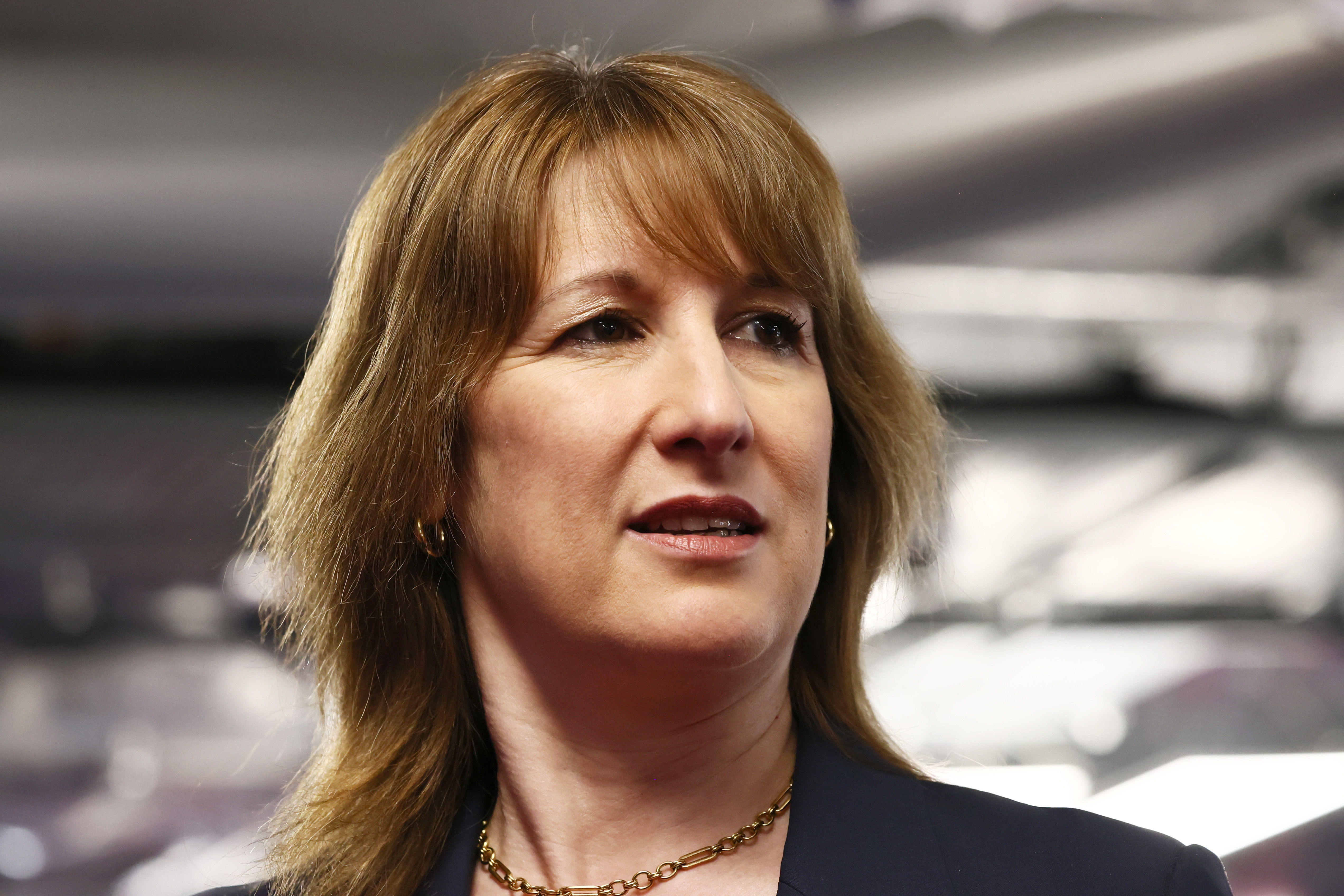Use a deed of variation to change a deceased's will
A deed of variation can change who benefits from a deceased person's will. But all executors and beneficiaries must agree. We explain how it works.


Get the latest financial news, insights and expert analysis from our award-winning MoneyWeek team, to help you understand what really matters when it comes to your finances.
You are now subscribed
Your newsletter sign-up was successful
Want to add more newsletters?
You might think that once a person dies their will is set in stone. In fact, it is possible to change someone’s will once they are deceased, and it is becoming increasingly common. Families use a legal document known as a deed of variation to alter who benefits from a will, with the most common reason being to reduce inheritance tax bills and help younger generations.
“We have seen a jump in the number of families wanting a deed of variation in the past year,” Paul Campion, a chartered financial planner at Succession Wealth, told The Mail on Sunday.
“The deceased often haven’t had time to check that their will still reflects their wishes and the needs of their family. As a result, their family sometimes chooses to distribute assets in a different way to that set out in the will.”
Try 6 free issues of MoneyWeek today
Get unparalleled financial insight, analysis and expert opinion you can profit from.

Sign up to Money Morning
Don't miss the latest investment and personal finances news, market analysis, plus money-saving tips with our free twice-daily newsletter
Don't miss the latest investment and personal finances news, market analysis, plus money-saving tips with our free twice-daily newsletter
A deed of variation doesn’t give anyone a free hand to do what they like with someone’s will. This is not your chance to eliminate your siblings from an inheritance. In order to be valid, the deed of variation has to be written within two years of the death and, more importantly, the deed must be signed by all the executors and beneficiaries of the estate. If everyone isn’t agreed on the amendments the will cannot be changed.
One of the most common reasons for using a deed of variation is to allow an estate to skip a generation. “People often inherit from their elderly parents when they are in their 50s and 60s,” Sarah Paton, a solicitor at Irwin Mitchell told The Mail on Sunday.
“By that time, they are often financially comfortable, but they have children of their own who are more in need of support.” The parents could simply choose to pass what they have inherited straight onto their children without a deed of variation, but the risk is that “you could only do so tax-free if you live another seven years,” says Harry Brennan in The Telegraph. Die within that time and the money could trigger an inheritance tax bill. With a deed that danger is averted.
There is no specific form you need to fill in for a deed of variation. You just need to write a letter explaining the changes you want to make and keep it safe with the will and the “instrument of variation” checklist you can find on the GOV.UK website.
As long as the variation meets the government’s requirements in the checklist – which include being done within two years of death and being approved by all beneficiaries and executors – the changes can go ahead.
The only difficulty you may encounter is if any of the beneficiaries of the will are under 18. In this case, a deed of variation may not be possible as that would make one of the beneficiaries a minor and, therefore, unable to agree legally to the changes to the will.
To ensure your deed of variation is legally binding you may want to get a solicitor to help draft it. Their charges will depend on how complex the changes are. Once the deed is written it must be signed, witnessed and dated by all parties involved.
Get the latest financial news, insights and expert analysis from our award-winning MoneyWeek team, to help you understand what really matters when it comes to your finances.

Ruth Jackson-Kirby is a freelance personal finance journalist with 17 years’ experience, writing about everything from savings accounts and credit cards to pensions, property and pet insurance.
-
 Financial education: how to teach children about money
Financial education: how to teach children about moneyFinancial education was added to the national curriculum more than a decade ago, but it doesn’t seem to have done much good. It’s time to take back control
-
 Investing in Taiwan: profit from the rise of Asia’s Silicon Valley
Investing in Taiwan: profit from the rise of Asia’s Silicon ValleyTaiwan has become a technology manufacturing powerhouse. Smart investors should buy in now, says Matthew Partridge
-
 Financial education: how to teach your children about money
Financial education: how to teach your children about moneyFinancial education was added to the national curriculum more than a decade ago, but it doesn’t seem to have done much good. It’s time to take back control
-
 Tax receipts: Rachel Reeves 'should hand back the cash' from bumper haul
Tax receipts: Rachel Reeves 'should hand back the cash' from bumper haulOpinion Chancellor Rachel Reeves is cheering higher-than-expected tax receipts. But where has the money come from?
-
 Why annuities are back in fashion for retirees
Why annuities are back in fashion for retireesThe appeal of annuities has been boosted by higher interest rates. So should you buy an annuity with part of your pension savings?
-
 Default pension funds: what’s in your workplace pension?
Default pension funds: what’s in your workplace pension?Default pension funds will often not be the best option for young savers or experienced investors
-
 Plan 2 student loans: a tax on aspiration?
Plan 2 student loans: a tax on aspiration?The Plan 2 student loan system is not only unfair, but introduces perverse incentives that act as a brake on growth and productivity. Change is overdue, says Simon Wilson
-
 Why it might be time to switch your pension strategy
Why it might be time to switch your pension strategyYour pension strategy may need tweaking – with many pension experts now arguing that 75 should be the pivotal age in your retirement planning.
-
 Rachel Reeves is rediscovering the Laffer curve
Rachel Reeves is rediscovering the Laffer curveOpinion If you keep raising taxes, at some point, you start to bring in less revenue. Rachel Reeves has shown the way, says Matthew Lynn
-
 ISA reforms will destroy the last relic of the Thatcher era
ISA reforms will destroy the last relic of the Thatcher eraOpinion With the ISA under attack, the Labour government has now started to destroy the last relic of the Thatcher era, returning the economy to the dysfunctional 1970s